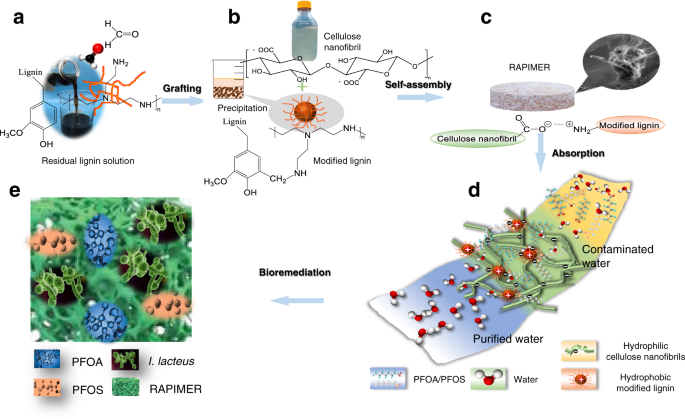2022-07-28 マサチューセッツ大学アマースト校
人間は25個の苦味受容体(TAS2R)を持っています。現在、この受容体は舌だけでなく全身に存在し、味覚以外の様々な役割を担っていることが知られています。TAS2R受容体は、毒性のある食物や物質に対する警告サインとして進化してきたと考えられています。
この研究では、143人の参加者が苦味を含む味覚の強さを評価しました。すべての被験者が同じ苦味の強さを経験するわけではありませんでした。
苦味の強さは、苦味受容体の遺伝子変異に強く関連している。
個人差が苦味受容体遺伝子の遺伝子変異と関連するかどうかも検討しました。これらの抗生物質の感覚プロファイルを調べて、苦味の強さの個人差と、2つの異なる苦味受容体の突然変異を関連付けることに成功しました。
最終的には、薬の味は、個別化医療(その人の遺伝子構成に基づいて治療法をカスタマイズするという考え方)の領域に入るかもしれません。苦味受容体の一般的な遺伝的差異を考慮した薬のスクリーニングは、処方薬の効果を高めるかもしれません。
<関連情報>
- https://www.umass.edu/news/article/bitter-truth-taste-some-medications-depends-variations-bitter-receptor-genes
- https://www.frontiersin.org/articles/10.3389/fgene.2022.960154
TAS2R受容体遺伝子の変異は、2種類の一般的な抗生物質の苦味の違いを説明する
Variation in TAS2R receptor genes explains differential bitterness of two common antibiotics
Alissa A. Nolden, John E. Hayes and Emma L. Feeney
Frontiers in Genetics Published:28 July 2022
DOI:https://doi.org/10.3389/fgene.2022.960154

For pharmaceuticals to deliver their full benefits with maximum efficacy, patients need to follow recommended dosing schedules, in terms of amount and frequency. Unfortunately, the aversive taste of many drugs, especially bitterness, can reduce patient compliance in oral liquid formulations. Given common genetic differences in bitter taste receptor genes (TAS2Rs), some individuals may be at increased risk for poor compliance due to heightened bitterness that becomes a barrier to proper use. Here we report on the sensory profile of two antibiotics, chloramphenicol and ofloxacin, investigating whether bitterness intensity associates with nominally functional TAS2R variants. Participants (n = 143) rated suprathreshold intensity on a general Labeled Magnitude Scale (gLMS) for chloramphenicol and ofloxacin; propylthiouracil (PROP) was included as a control, given robust prior associations with TAS2R38 variants. The dominant sensation from chloramphenicol and ofloxacin was bitterness, falling just below “moderate” on a gLMS. TAS2R38 diplotype associated with variable bitterness of chloramphenicol and PROP, but not ofloxacin. The bitterness of ofloxacin associated with a TAS2R9 SNP (V187A). This pilot study provides novel evidence on differences in the bitterness from two antibiotics, which are associated with TAS2R variants. Improved understanding of individualized barriers to patient compliance, especially for oral formulations, can guide future efforts to optimize delivery systems for improved compliance.

